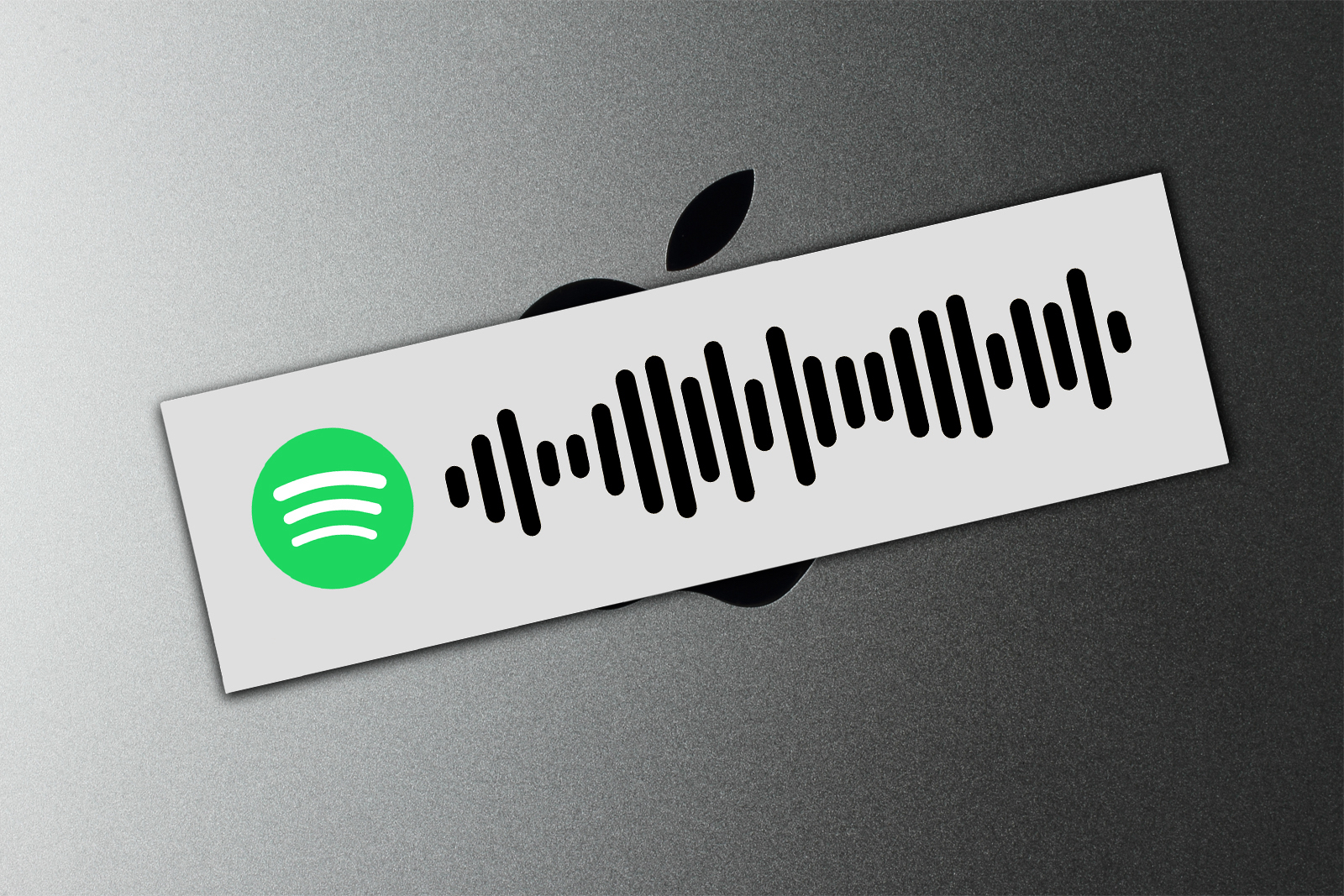
Tech
Siding with Spotify: The European Commission Fines Apple
It will come as little surprise that colossal Apple has been favouring its own music streaming service in snuffing and stuffing competitors. The company, it has been alleged, has prevented app developers from informing users of less expensive methods to purchase subscriptions outside the scope of Apple’s own services. Its cosmos was all.
Central to these claims is the ongoing battle between Apple and the Swedish music streaming service, Spotify, a largely amoral gladiatorial encounter of drain, pinch, and seizure that saw the latter draw customers away from Apple’s iTunes. Territorial skirmishes have ensued over the years, with gains and losses evident on both sides. In 2015, Apple’s release of its own streaming service, Apple Music, enraged Spotify as an anticompetitive move. The tech behemoth, so the charge went, was able to undercut the prices of competitors as it could avoid paying the same App Store fees as others.
Not to worry. Spotify initiated its own assault in 2019, marked by disbursing $500 billion worth of funds at podcast start-ups, in the process acquiring such outfits as Gimlet and Anchor. And as this was happening, a façade of decency was erected, keeping the battle between the two companies in boardrooms and backrooms.
Then came the tidal turn. Apple, along with the other apocalyptic agents of Big Tech, started becoming the source of much ire for politicians in the EU. The latest success by Spotify to convince the European Commission that Apple’s restrictions and fees imposed on developers wishing to list their apps in the App Store were too onerous, is merely one example of European disgruntlement.
Spotify’s 2019 filing with the European Commission against Apple’s practices was described by the company’s CEO and founder, Daniel Ek, as necessary so “that companies such as ours [can] operate in an ecosystem in which fair competition is not only encouraged, but guaranteed.” In his view, Apple’s introduction of various rules to the App Store had “purposely” limited choice and stifled innovation “at the expense of the user experience – essentially acting as both a player and referee to deliberately advantage other app developers.”
In its response at the time, Apple self-glorified, praising its own contribution to technological civilisation. Monopoly masquerading as benign, technological diversity is a form of reasoning familiar to all monopolists who tolerate competition on their terms. But for the company, Spotify had been less than clean on its dealings, “keeping all the benefits of the App Store ecosystem – including the substantial revenue that they draw from the App Store’s customers – without making any contributions to that marketplace.”
The European Commission was not to be convinced. The fine of €1.84 billion was imposed on Apple for its ban on developers from “fully informing iOS users about alternative and cheaper music subscription services outside of the app.” In a statement from the EU’s competition chief Margrethe Vestager, the company was said to have “abused its dominant position in the market for the distribution of music streaming apps through the App Store.” This was achieved “by restricting developers from informing consumers about alternative, cheaper music services outside the Apple ecosystem.”
Ek was delighted, suggesting that an industrious punter had gotten exactly what he wanted. Apple, in no uncertain terms, had “decided that they want to close down the Internet and make it theirs, and they view every single person using an iPhone to be their user and they should be able to dictate what that user experience should be.” In this modern game of tech robber barons and conquistadores, mumbling about human experience is hardly convincing. The feeling here is that Spotify and Apple treat their user base as mice chasing cheese in a maze. Apple lacks the glint and shine of virtue, but Ek is not exactly a knight in brilliant, shining armour.
In a statement responding to the Commission finding, the crew at Apple were combative, surly, and resentful. “The decision was reached despite the Commission’s failure to uncover any credible evidence of consumer harm and ignores the realities of a market that is thriving, competitive and growing fast.” Despite eight years of investigating Apple’s corporate conduct, no “viable theory” had been “yielded” on “explaining why Apple has thwarted competition in a market that is so clearly thriving.”
There were also barbed words reserved for Spotify, a company with “the largest music streaming app in the world,” and one engaged in “more than 65” meetings with the Commission “during this investigation.” While Apple’s treatment is hardly bound to exercise the tear ducts, there is something smelly about conduct verging on connivance on the European side of the bargain – in this case, of a patriotic, underhanded sort.
Apple also suggested that Spotify had been an App Store triumph, something they were always bound to say. “They have a more than 50 percent share of the European market, and on iOS, Spotify has an even higher share than they do on Android.” The European Commission, it was felt, had intended this as an effort to enforce the Digital Markets Act (DMA) ahead of it coming into force.
Other questions have also been asked. If one is really looking at an open internet concept (such an idea has always been a glorious fancy and a deceiving fluff), the feeling that Spotify has been aided by a regulator in terms of its own market arrangements is hard to dispel. “Ironically, in the name of competition,” claims Apple, the “decision just cements the dominant position of a successful European company that is the digital music market’s runaway leader.” The mask of digital patriotism has been unmasked, and we await where the next blow will come from.

